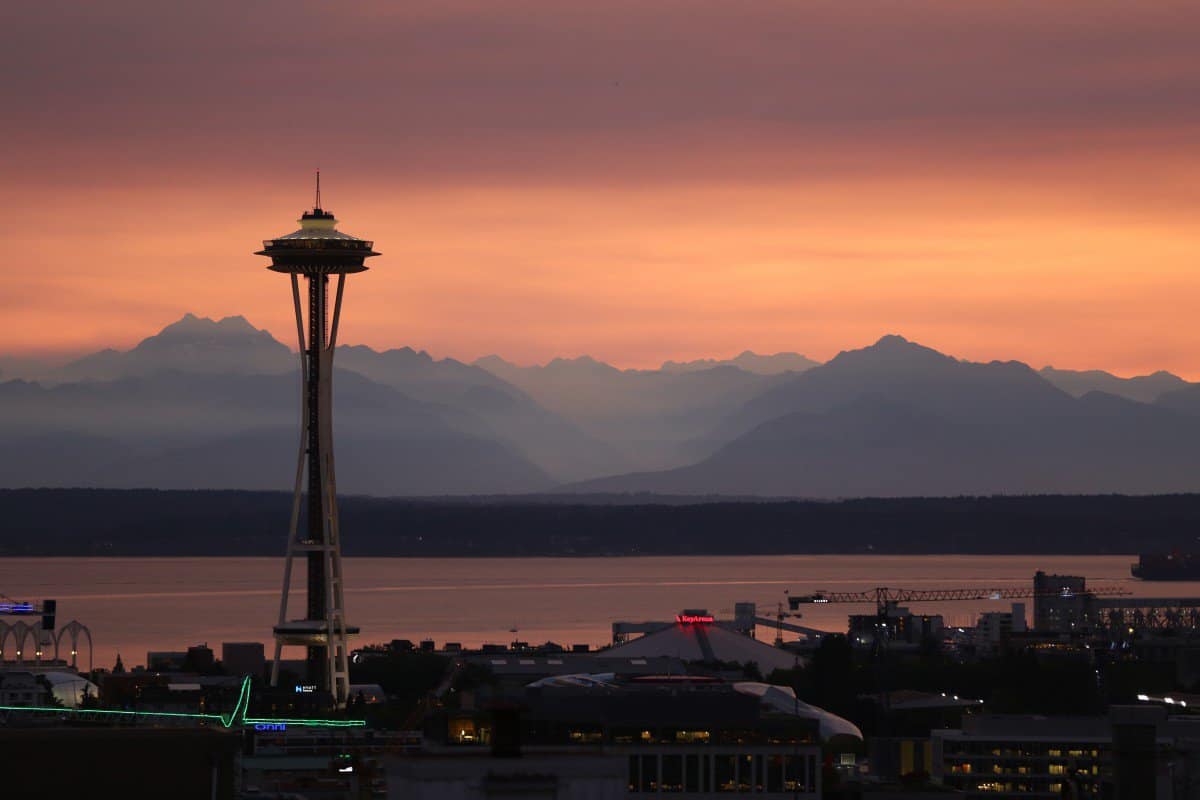Washington makes push to legalise sports betting

In an attempt to bring sports betting to Washington, a flurry of bills have been put forward.
As of 19th January 2020, the two bills SB 6277 and HB 2478 – don’t have a hearing date penned in.
What are the chances of Washington regulating sports betting this year?
The biggest barrier could be that this year’s State session has been shortened to 60 days. It’s also election year, so the vertical won’t be as much of a priority.
With that being said, it’s far from being in the mud and might have a better chance next year. And having the initiative to propose these bills in the first place is a step forward.
As Eric Persson, Maverick Gaming CEO, said: “there’s clearly consumer demand”. Washington State is home to a number of prominent sports teams, including the NFL’s Seattle Seahawks and MLS’ Seattle Sounders.
In the Seattle Times, Persson also mentioned: “We’ve done our best to be as inclusive and build as broad a base of support as possible for legislation we think can be successful.”
Sports betting in Washington: what would and wouldn’t be allowed
Sports betting licences would be available for an initial fee of $500,000. Operators will be taxed at 10%, which according to Persson could be worth around $50 million to the state each year.
All operators of a card room, tribal casino and race track would be permitted one licence or skin to partner with a sportsbook. This is good news for affiliates, since brands that they promote elsewhere might have fewer obstacles in getting started here.
Both bills already have support. Senators Curtis King and Ann Rivers have already sponsored SB 6277, with Republican Brandon Vick doing likewise with the other legislation.
Washington one of many jurisdictions hoping to introduce sports betting
Mobile sports betting has been put forward once more in New York this year. It’s hoped by some here that a declining state budget will prompt governors to consider expanding the currently-limited regulated landscape.
Meanwhile, in Washington D.C., the launch of a sports betting app has been delayed until March. As such, it’ll miss the SuperBowl.
Maine has already vetoed efforts to regulate the vertical this year, but could make another attempt as the market matures in other states.






